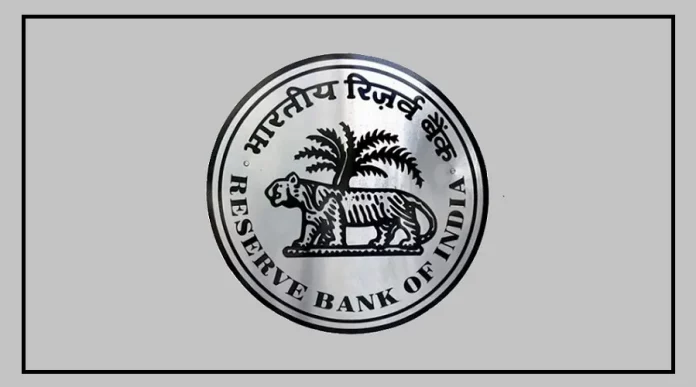The Reserve Bank of India (RBI) has announced that all banks must provide fixed interest rate options for personal loans repaid through Equated Monthly Installments (EMIs).
This clarification was part of a set of FAQs released to address an earlier circular from August 2023, which focused on managing floating interest rates for personal loans.
Key Details of the New Guidelines
The new rules apply to all personal loans using EMIs, regardless of whether the interest rate is tied to an internal or external benchmark.
Banks must ensure that the interest rate, also referred to as the Annual Percentage Rate (APR), is clearly mentioned in both the Key Fact Statement (KFS) and the loan agreement at the time of loan approval.
If changes in external benchmark rates lead to an increase in EMI or loan tenure, banks are required to report this to borrowers. Furthermore, quarterly statements must include details such as:
1) Principal and interest charged.
2) EMI amount.
3) Remaining installments.
4) Annual interest rate for the entire loan period.
Fixed Interest Rate Option for Borrowers
Under this policy, banks and non-banking financial companies (NBFCs) must offer borrowers the option of switching to a fixed interest rate, as per board-approved policies.
This move is designed to protect borrowers from financial stress, especially during periods of rising interest rates.
In August 2023, the RBI allowed borrowers to choose between a fixed interest rate or extending the loan term to manage their repayments better.
This decision comes after the RBI’s sharp rate hikes in 2022 to combat inflation due to the Russia-Ukraine war.
However, since February 2023, the repo rate has remained stable at 6.5%.
